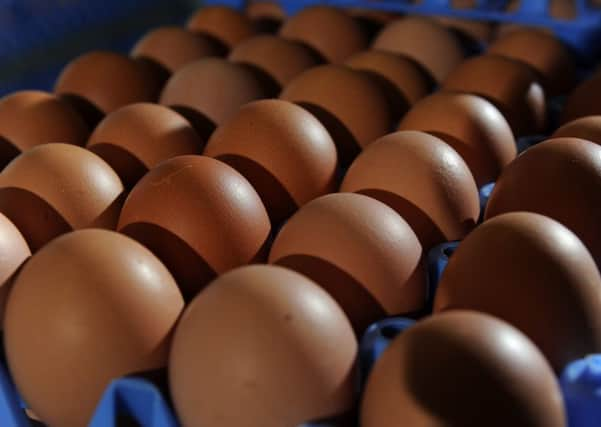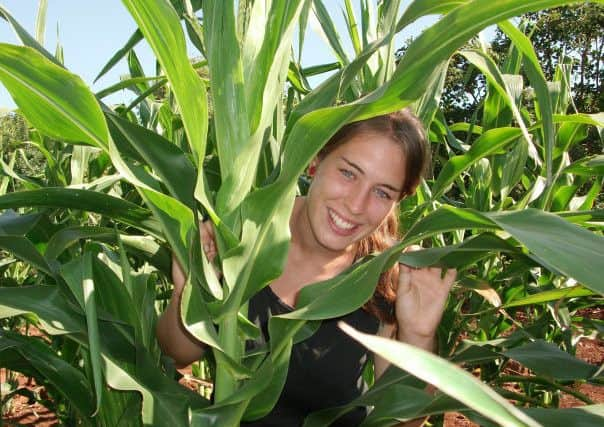How to boost the local food economy


One way to grow Lancaster’s local food economy is to encourage consumers to spend more on seasonal food bought from local independent producers*.
This can be supported through challenges such as the local food pledge and the food loop game, or by making local food easier to access through schemes such as the Food Assembly and farmers’ markets.
Advertisement
Hide AdAdvertisement
Hide AdAnother approach to growing Lancaster’s local food economy is to encourage public sector institutions – hospitals, schools and prisons – to spend more of their huge food budgets on local and sustainable food.


The Soil Association and the network of Sustainable Food City groups across the UK are trying to do just this.
The Soil Association’s Food For Life Catering Mark aims to take caterers on a journey towards using fresh, seasonal, local and organic produce, with high animal welfare standards. By offering bronze, silver and gold awards, the catering mark encourages caterers to make step-by-step progress towards using more sustainable ingredients.
A bronze award is given when 75% of a caterer’s meals are freshly prepared, meat is sourced from farms which satisfy UK welfare standards, and all eggs are sourced from cage-free hens. No fish from the Marine Conservation Society’s Fish to Avoid list can be served, and food must be free from undesirable additives.
Advertisement
Hide AdAdvertisement
Hide AdTo improve from a bronze to a silver or gold award, a caterer must strive to source more ‘sustainable ingredients’. Points are awarded for every percentage spend on organic, free range, fair trade and locally produced ingredients, as well as for steps taken to promote healthy eating. To achieve a silver award, a minimum of five per cent of the total ingredient spend must go on organic produce. For a gold award a minimum of 15 per cent ingredient spend must go on organic produce – including one animal product.
Sustainable Food City Lancaster was therefore very excited when Lancashire County Council announced it had been awarded the Soil Association’s Silver Food for Life Catering Mark – for the 70,000 meals served every day in 485 primary and secondary schools, and in 23 care homes across the county. Lancashire County Council stated it now uses organic rice, pasta, flour and milk and it sources its yoghurts from Longridge, free range eggs from Leyland and beef, poultry and seasonal fresh vegetables from across Lancashire. The council also changes what it offers on menus so ingredients are as seasonal as possible.
Well done County Hall.
* See LESS’s online local food directory lessuk.org/directory.